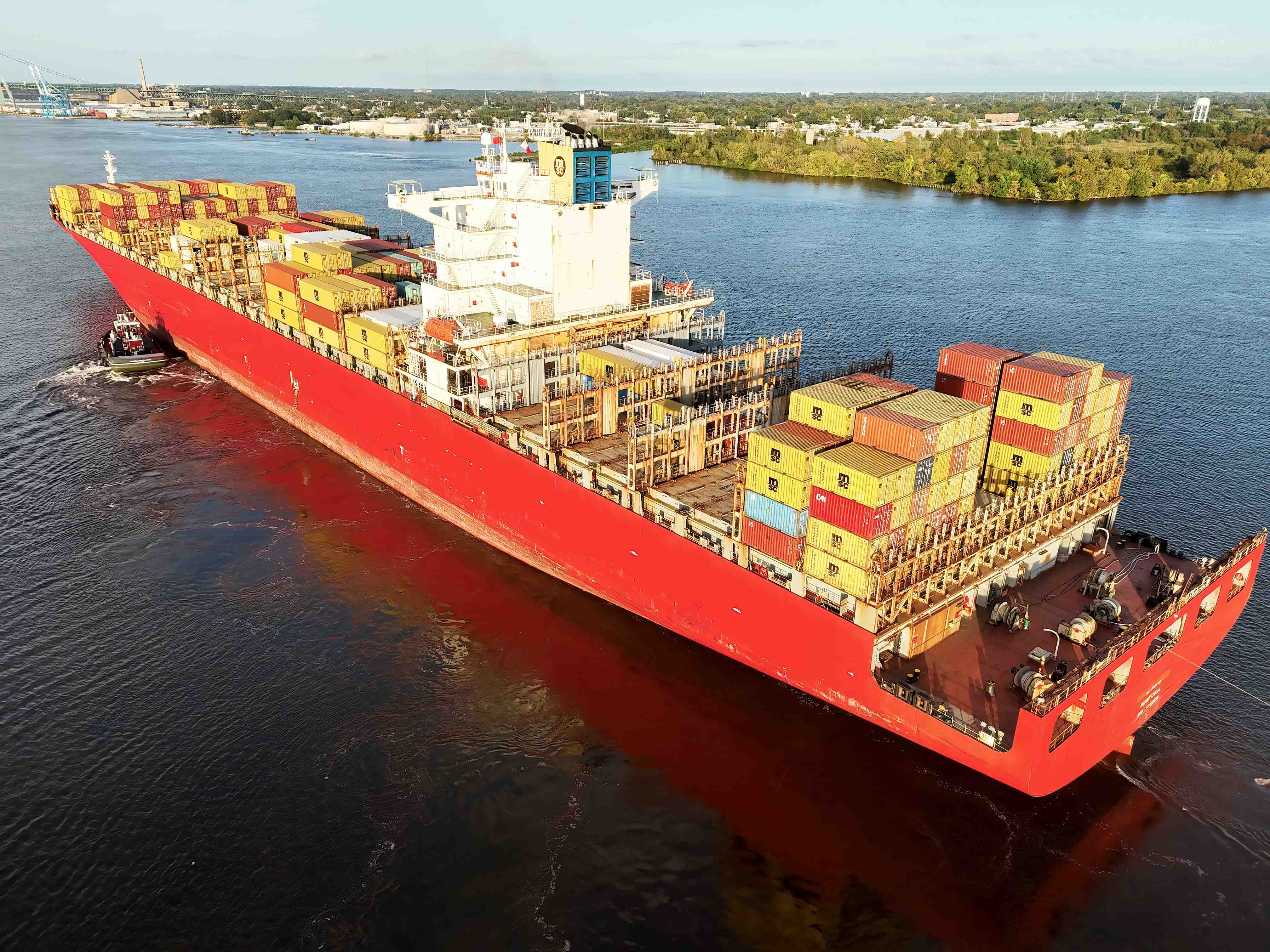Canal Tolls
The Panama and Suez Canals are of great commercial importance to the shipping industry. They are critical to reducing voyage times and fuel costs, as well as the sector’s CO2 emissions.
These advantages come at a price, however, in the form of canal tolls, which for large shipping companies can amount to tens of millions of dollars per year. ICS therefore places much importance on maintaining dialogue with both the Panama Canal Authority (ACP) and the Suez Canal Authority (SCA), both of which are legitimately attached to profit maximisation to support their respective nations’ economies.
PANAMA CANAL
In early 2022, the Panama Canal Authority (ACP) unveiled its long-term pricing strategy spanning from 2022 to 2025, aimed at ensuring the toll structure responds dynamically to the canal’s supply and demand conditions while providing industry stakeholders with necessary predictability. Following consultations, in April 2022, the International Chamber of Shipping (ICS) participated in two rounds of discussions resulting in amendments to the proposed strategy. The final ACP proposal saw reductions in tolls for ballast voyages, a postponement of toll hikes for passenger vessels and a decrease in charges for empty containers.
Implemented since July 2022, the Panama Canal transit fees are now calculated using three components: a minimum fixed rate based on the lock system used (Panamax or Neopanamax), a fixed fee determined by vessel size using the Panama Canal Universal Measurement System (PCUMS), and a variable charge contingent on the canal’s supply and demand conditions. Despite earlier indications from the ACP suggesting fee calculations until 2028, the finalised pricing strategy only enables calculations until 2025.
Calculations for 2025 until 2030 is expected to be released later in 2024.
SUEZ CANAL
On 16 October 2023, the Suez Canal Authority (SCA) outlined planned increases to transit dues for vessels transiting the Suez Canal. These planned increases range from 5% to 15%, contingent on the shipping segment. These adjustments took effect January 2024.
However, rebates ranging from 20% to 45% were offered, depending on the ports, for dry bulk vessels operating between Egyptian ports on the Red Sea and ports in South-West Africa. Specifically, a 20% rebate will be applicable solely for vessels calling at ports in Ghana, Togo, Benin, and Nigeria, while a 45% rebate will exclusively apply to vessels calling at ports in Cameroon
Related content

Red Sea attacks join triple threat to global trade

Battery recycling process holds promise for sustainability improvement

Joint Formal Complaint Submission Alongside WSC and ECSA via the EC’s Trade Barrier Reporting Mechanism Regarding the Bangladesh Flag Vessel Act
